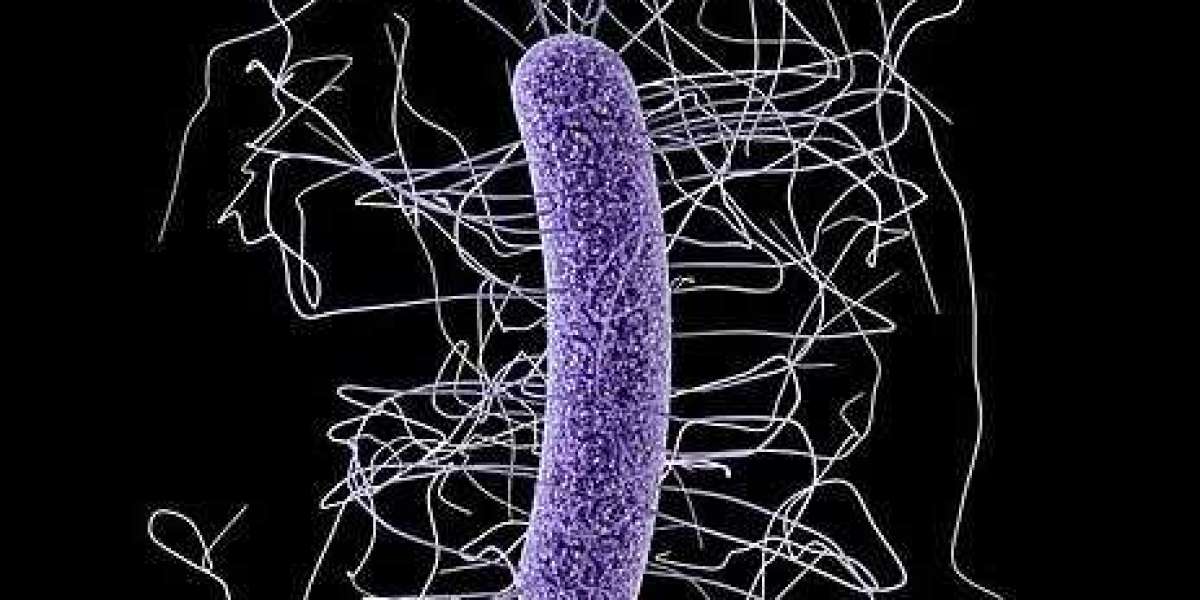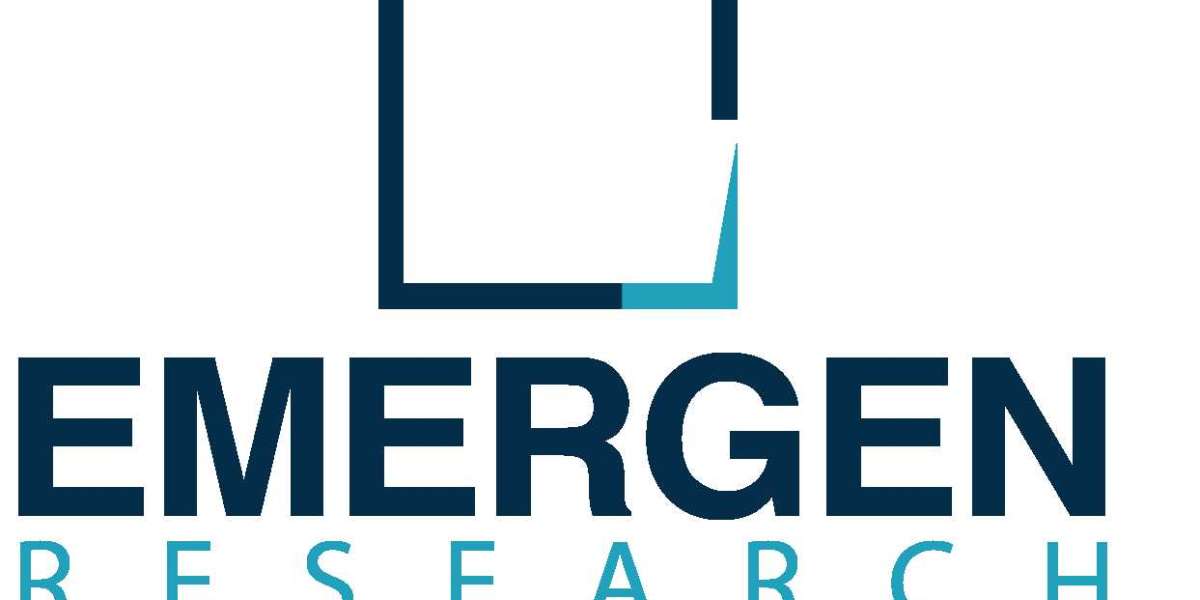Introduction
Clostridium Difficile Infection (CDI) is a serious and recurrent bacterial infection that affects the gut, particularly in hospitalized and long-term care patients. Characterized by severe diarrhea and colitis, CDI poses significant health risks, including complications that may lead to hospitalization or death. Traditional antibiotic treatments can eliminate the infection temporarily but often fail to prevent recurrence due to their disruptive effects on the gut microbiome. This limitation has driven the search for alternative therapies, with REBYOTA emerging as a groundbreaking microbiome restoration treatment. As the first FDA-approved fecal microbiota therapy, REBYOTA presents a novel approach to reducing recurrent CDI cases by leveraging the power of the human microbiome.
For more in-depth insights on REBYOTA’s development and future potential, download the full report @ REBYOTA Market Report.
What is REBYOTA?
REBYOTA is a pioneering fecal microbiota therapy developed by Ferring Pharmaceuticals, specifically designed to prevent recurrent CDI. Approved by the U.S. Food and Drug Administration (FDA) in 2022, REBYOTA offers an innovative approach to microbiome restoration. Unlike traditional antibiotics, which can disturb the natural gut flora, REBYOTA restores microbial diversity in the colon, enhancing resistance against Clostridium difficile overgrowth.
A key feature of REBYOTA is its use of live microorganisms derived from screened donor stool samples. These microbes help repopulate the patient’s gut with beneficial bacteria, restoring a balanced microbiome and reducing CDI recurrence rates. This approach aligns with growing scientific evidence that a diverse gut microbiome plays a crucial role in preventing infections and maintaining gut health.
REBYOTA’s Mechanism of Action (MOA)
The mechanism of action (MOA) of REBYOTA revolves around microbiome restoration. Delivered as a rectal suspension, REBYOTA introduces a diverse range of beneficial bacteria into the gastrointestinal tract, counteracting the harmful effects of previous antibiotic treatments. By restoring the natural microbial ecosystem, REBYOTA helps outcompete Clostridium difficile and prevent recurrent infections.
The core principle behind REBYOTA’s effectiveness is the reintroduction of healthy bacteria that can restore gut homeostasis. Clinical studies indicate that this approach significantly lowers CDI recurrence rates compared to antibiotic therapy alone. By addressing the root cause of recurrent CDI—microbial imbalance—REBYOTA offers a long-term solution rather than a temporary fix.
For more detailed insights and the latest updates on REBYOTA, visit the REBYOTA Market update.
REBYOTA Clinical Trials and Efficacy
REBYOTA’s efficacy has been validated through rigorous clinical trials. In a pivotal Phase 3 clinical trial, patients who received REBYOTA exhibited a 70.6% success rate in preventing CDI recurrence at eight weeks compared to those who received placebo treatment. These findings highlight REBYOTA’s potential to drastically reduce the burden of recurrent infections.
Beyond its efficacy, REBYOTA has demonstrated strong safety profiles. The most commonly reported side effects include mild gastrointestinal discomfort such as bloating and abdominal cramping, but serious adverse events remain rare. Moreover, Ferring Pharmaceuticals employs stringent donor screening and processing techniques to ensure the safety and effectiveness of REBYOTA therapy. This rigorous quality control further enhances its credibility as a viable treatment option for recurrent CDI.
For further insights and detailed research on this breakthrough treatment, visit REBYOTA insights.
REBYOTA Cost and Accessibility
The adoption of REBYOTA in clinical practice is influenced by its cost, which stands at approximately $9,000 per dose. While this pricing may appear high compared to traditional antibiotics, the long-term financial benefits are considerable. By reducing hospital readmissions and minimizing complications associated with recurrent CDI, REBYOTA contributes to overall healthcare cost savings.
Insurance providers are increasingly recognizing the value of microbiome-based therapies, with many offering coverage for REBYOTA, particularly for patients with multiple CDI recurrences. Additionally, financial assistance programs are available to help eligible patients access this life-changing treatment. As awareness of REBYOTA grows, healthcare professionals are encouraged to explore coverage options to ensure broader patient accessibility.
REBYOTA Sales and Market Performance
Since its FDA approval, REBYOTA sales have steadily increased, reflecting its growing acceptance within the medical community. Market reports indicate that the demand for microbiome-based therapeutics is on the rise, with REBYOTA leading the charge. In its first year on the market, REBYOTA sales exceeded $100 million, demonstrating its strong commercial potential.
Several factors contribute to the success of REBYOTA sales, including positive clinical outcomes, increased awareness of microbiome health, and support from healthcare professionals. Strategic partnerships between Ferring Pharmaceuticals and major healthcare providers have also played a crucial role in expanding accessibility and distribution. As adoption rates continue to rise, REBYOTA is poised to reshape the landscape of CDI treatment.
For additional insights on REBYOTA’s transformative potential, please download the full REBYOTA report.
Future Outlook and Innovations
The approval of REBYOTA represents a major milestone in microbiome therapy, but ongoing research aims to enhance its efficacy and accessibility further. Scientists are investigating ways to optimize donor screening, increase bacterial diversity in formulations, and develop oral alternatives to rectal delivery. These advancements could make microbiome-based treatments even more practical for widespread clinical use.
Beyond CDI, REBYOTA’s success has sparked interest in microbiome restoration for other conditions, including inflammatory bowel disease (IBD), irritable bowel syndrome (IBS), and antibiotic-resistant infections. As research progresses, microbiome-based therapeutics may become an integral part of modern medicine, offering new solutions for a range of gastrointestinal and infectious diseases.
For those looking to explore this breakthrough treatment more, download the full REBYOTA Insights Report.
Conclusion
REBYOTA marks a paradigm shift in the treatment of recurrent Clostridium difficile infections. By harnessing the power of microbiome restoration, it offers a novel approach that surpasses traditional antibiotic treatments in effectiveness. Although the cost of REBYOTA may present an initial barrier, its long-term benefits—reduced hospitalizations, improved patient outcomes, and lower recurrence rates—far outweigh the expense.
The increasing adoption of REBYOTA and its rising sales figures indicate a strong future for microbiome-based therapies. With continued innovation and growing awareness, REBYOTA and similar treatments may soon become the standard of care for recurrent CDI and beyond. As the medical community continues to embrace microbiome restoration, REBYOTA stands at the forefront of a new era in infectious disease management.
Related Reports
- Clostridium Difficile Infections Market Insight, Epidemiology And Market Forecast
- Clostridium Difficile Infections Patient Pool Analysis, Market Size and Market Forecast APAC
- Clostridium Difficile Infections - Epidemiology Forecast
About DelveInsight
DelveInsight is a leading business Healthcare consultancy and market research firm specializing in life sciences. It assists pharmaceutical companies by offering comprehensive, end-to-end solutions to improve their performance. Access all our healthcare and pharmaceutical market Competitive Intelligence Solutions.



